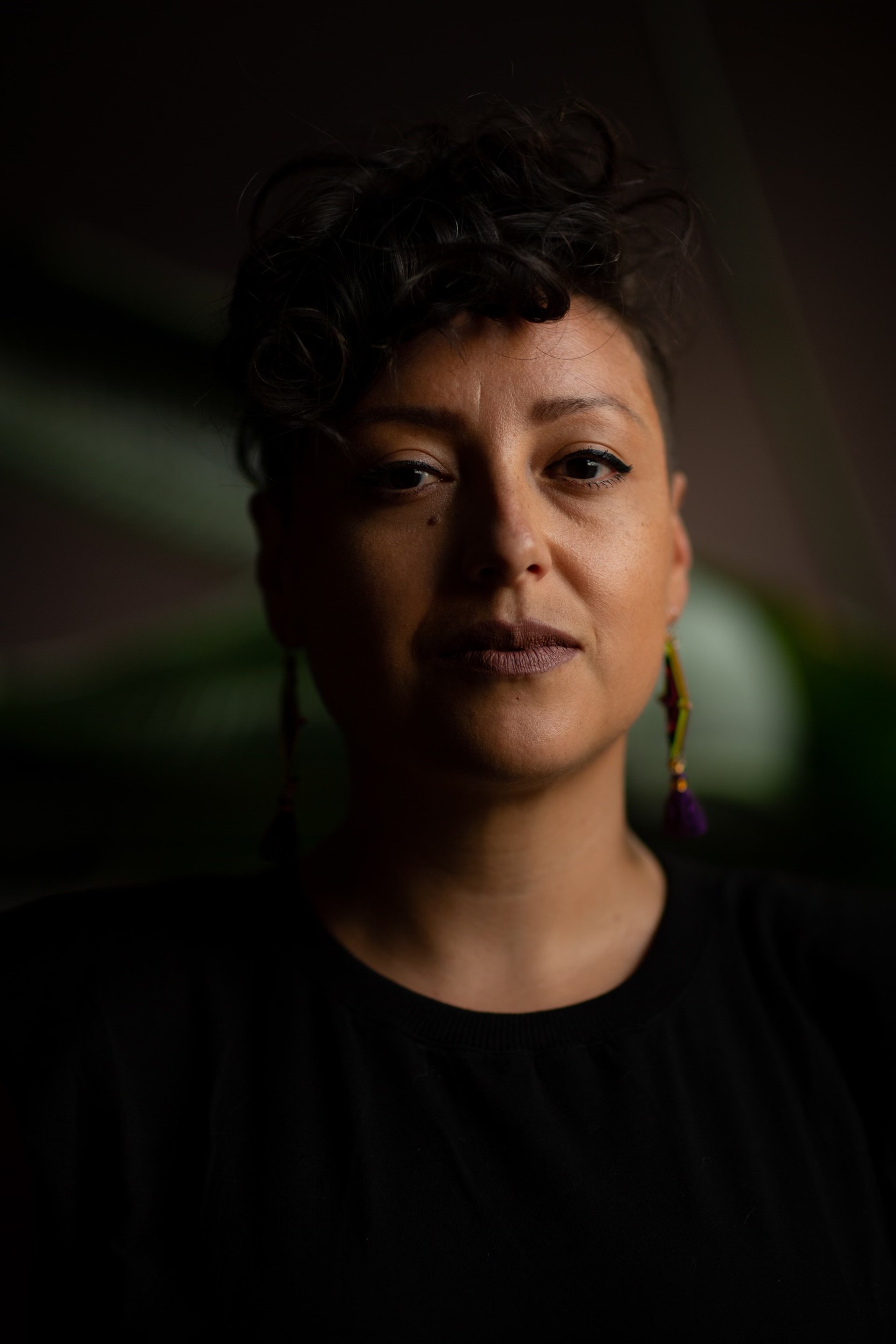María Inés Zamudio is an award-winning investigative journalist. Zamudio has spent nearly two decades reporting on racial inequalities and underlying policies.
Zamudio’s coverage of Chicago’s water affordability crisis led to a moratorium on water shutoffs, a city-wide assistance program, and a state-funded $42 million water emergency assistance program for low-income residents. Her reporting on water affordability along the Great Lakes was cited in a discrimination lawsuit.
Recently, Zamudio helped document for the first time how prolonged exposure to toxins in post-disaster worksites affects the health of workers rebuilding American cities. The reporting exposed the Occupational Safety and Health Administration’s lax enforcement policy for monitoring post-disaster worksites and documented how the loosely regulated disaster restoration industry often takes advantage of immigrant workers. The investigation was recognized with a Sigma Delta Chi Award and Edward R. Murrow Award.
Zamudio’s work has been recognized with local and national awards including Chicago’s Studs Terkel Award and the National Press Foundation’s Poverty Award. In 2014, Zamudio and a team of reporters from NPR’s Latino USA received a Peabody National Award for their coverage of Central American migrants. Zamudio’s story was reported from the Mexico-Guatemala border.
Zamudio co-created a first-of-its-kind accountability journalism training program for Chicago journalists of color working on projects using public records.
Zamudio is a Queer Mexican immigrant who made Chicago her home. She is an avid runner who spends her free time learning to play the Jarana.
